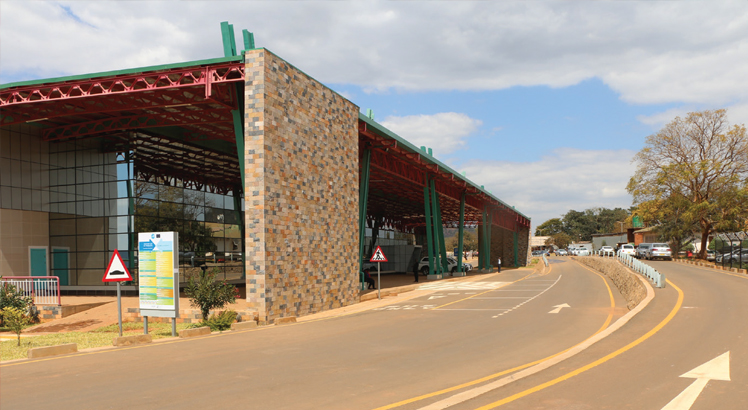Study exposes cotton industry shortfalls
A feasibility study into the cotton industry has cited the cash crop’s plummeting production on restrictive legislation, cotton price capping and high seed prices as contributing factors stifling its growth.
The study has since urged authorities to move in with reforms.
The study focused on the development of cotton by-products in the country conducted by the United Nations Conference on Trade and Development with funding from the Enhanced Integrated Framework.

Presenting the report in Lilongwe on Tuesday, an independent consultant who conducted the study, Mavuto Tembo, said if Malawi unleashed its cotton industry potential, it could cut off some of the imports which consume foreign exchange.
The report observed that the Cotton Act of 2013 was limiting the development of by-products from cotton stalks; hence, the need to amend it.
The research further established that challenges facing the cotton industry is the involvement of buyers in setting up prices.
Reads the study in part: “The study observed that the major weakness in setting prices was the involvement of ginners [buyers/exporters] of lint and cotton“Furthermore, there is shortcoming in the current method of setting minimum farm gate prices as using the cost of production at the beginning of the season is insensitive to changes in markets and the broader economy.”
Besides this, the report also recommends that government should push down cotton seed prices currently pegged at K22 000 per kilogramme (kg).
“The government should reduce the seed prices by treating cotton input in the same matter it has done with fertiliser and seed under the Affordable Inputs Programme to ensure that the cotton seed market is functional,” the report proposes.
On her part, Ministry of Trade and Industry Principal Secretary Christina Zakeyu was optimistic that the study will help the country improve its cotton production which is in free fall.
“Malawi is facing declining trends in production levels of cotton over the last two decades characterised by low yields hovering around 300 kg per hectare [ha] compared to an average of 700 per kg per ha on the global average,” she said.
Zakeyu said her ministry will work with the Ministry of Agriculture on the implementation of some of the recommendations.
Meanwhile, World Food Programme country director Paul Turnbull, who represented the United Nations System at the report dissemination ceremony, hoped that the feasibility study outcome will help the country scale up agriculture commercialisation.
“Cotton, as a commodity, is of critical importance. It speaks and resonates very well with the current efforts to shape together workable solutions to Malawi development challenges, including enhancing productivity and commercilisation of the agriculture sector,” he said.
Cotton ranks fourth in the country’s commodity exports behind tobacco, tea and sugar. Its products are used to produce clothes, cooking oil and animal feed.





